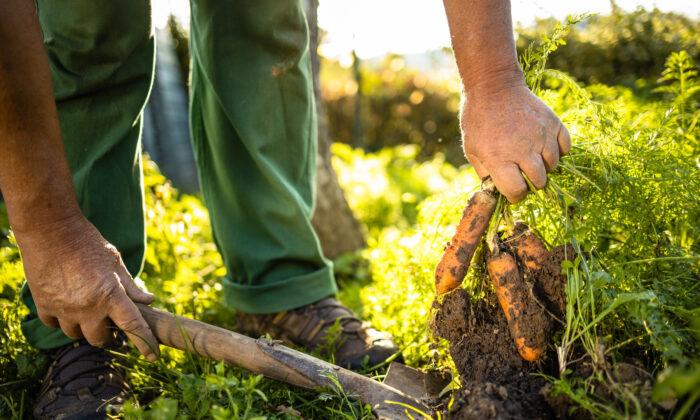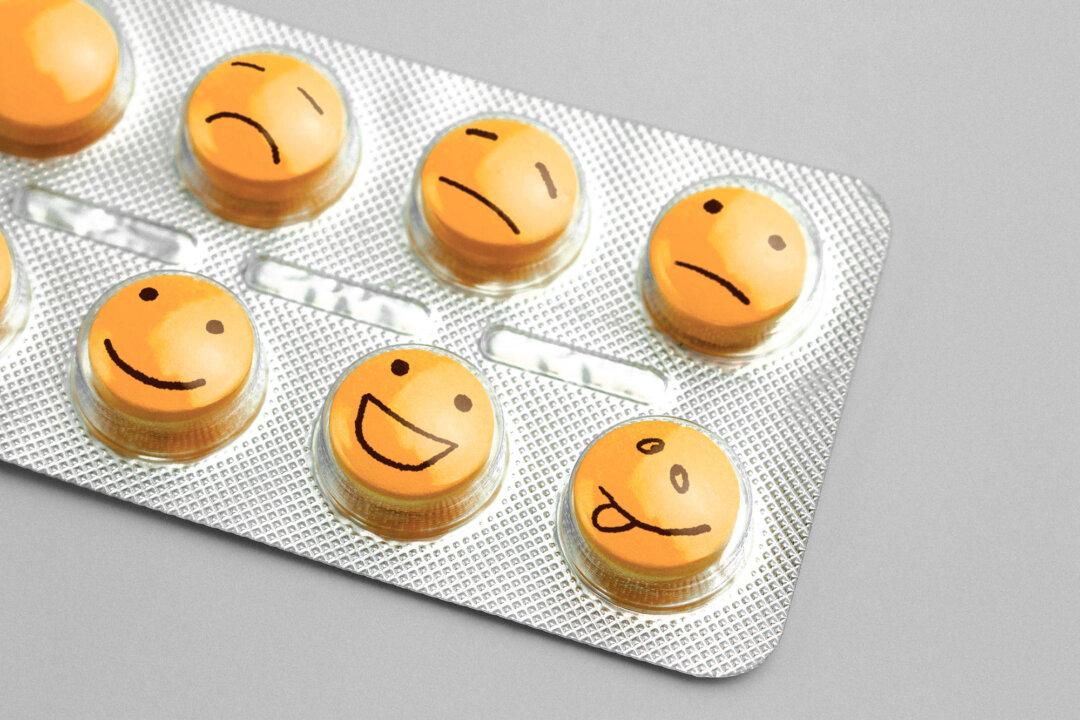Flavanols, compounds that give
fruits and vegetables their vibrant colors, may help maintain mental sharpness as people age, according to a
new study published in The Proceedings of the National Academy of Sciences.
Over 3,500 healthy older adults were randomly assigned a daily flavanol pill or placebo for three years. The genuine supplement contained 500 milligrams of flavanols, including 80 milligrams of epicatechins, the most abundant flavanol in dark chocolate with research-backed
health benefits. Mars Edge, a food manufacturer specializing in nutrition research and products, funded the study.
All participants, primarily white and about 70 years old, were required to complete a survey assessing the quality of their diet, including known flavanol-rich foods. They then participated in a series of web-based activities in their homes to determine types of short-term memory governed by the brain’s hippocampus, which plays a significant role in
learning and memory.
Participants completed a diet survey and engaged in web-based memory tests at home. They memorized 20 words, with three seconds per word, and typed in as many as they could recall. The tests were repeated annually.
Urine samples were taken to measure flavanol levels, providing precise data.
Boosted Memory Observed in Group With Low Flavanol Levels
The study revealed that participants with lower habitual flavanol consumption experienced improved memory with the flavanol intervention. The group taking a daily flavanol supplement with a flavanol-rich diet only saw slight memory improvement.After one year, the scores of participants taking the supplement with a poorer diet in terms of flavanol intake and lower baseline flavanol levels rose by an average of
10.5 percent compared to the placebo group and 16 percent compared to their initial scores, according to a
press statement. This improvement was sustained for two more years.
Researchers suggest flavanol deficiency may contribute to age-related memory loss, as higher flavanol intake correlated positively with memory scores. However, it’s important to note that the study did not investigate the impact of depleting flavanol in individuals without deficiency, which would be ethically challenging, according to the statement.
There is currently
no recommended minimum daily intake of flavanols, but adults are generally advised to consume
1.5- to 2-cup equivalents of fruits and 2- to 3-cup equivalents of vegetables per day.
More Than Just Cognitive Protection
Registered dietitian Amargo Couture highlighted the benefits of a flavanol-rich diet beyond cognitive health, stating that flavanols may protect against cardiovascular disease, diabetes, and cancer. “The anti-inflammatory effects of flavanols can protect your cells from oxidative damage, decreasing your risk of diseases.”
Furthermore, these antioxidants can potentially
enhance memory by promoting neuron and blood vessel growth in the relevant brain region.
Further research indicates that flavanols can contribute to longevity and promote a longer lifespan by removing senescent cells, which can
cause inflammation, suppressing the release of age-related substances (SASPs), and ensuring metabolic balance.
Couture emphasized the importance of obtaining flavanols from natural sources, recommending flavanol-rich foods over supplements. “Though if for some reason you’re unable to meet the daily recommended amount with foods,” she said, “you may benefit from adding a supplement to fill the gap.”
Couture advised people to do thorough research due to the lack of U.S. Food and Drug Administration (FDA) regulations in the supplement industry.
Foods Rich in Flavanols
Adding flavanol-rich foods to your diet can be simple, Couture noted.Snack on your favorite fruits and vegetables, especially deep-colored greens and onions.
“The more variety of fruits and vegetables you include, the richer your diet will be in flavanols,” she said, adding that cocoa, berries, and tea are also great options “because these foods contain a combination of many types of flavanols.”
You can also drink beverages such as
tea and red wine to boost your flavanol intake. Additionally, dark chocolate is a tasty snack that contains
cocoa flavanols.
However, just increasing plant-flavanol consumption alone isn’t sufficient for maintaining good health. Couture emphasizes the importance of regular exercise and stress reduction practices to optimize overall well-being.





